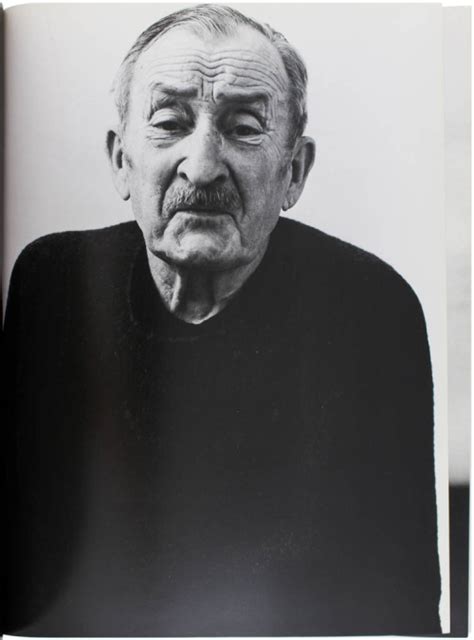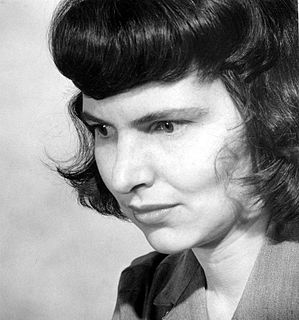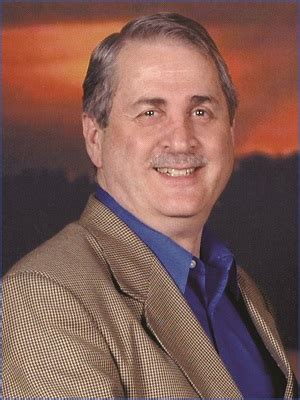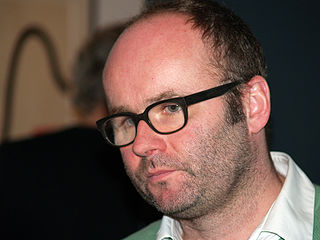A Quote by Susan Sontag
By furnishing this already crowded world with a duplicate one of images, photography makes us feel that the world is more available than it really is.
Related Quotes
The original interest in making pictures that don't directly depict came around '97 or '98, when I felt there was such an acceleration of images in the world, and that was before Flickr and so on. So I felt a need to slow down how one consumes photographs. With the abstract pictures, I was engaged in trying to find new images, but in practice, it was a bit like throwing a wrench in the spokes. The omnipresence of photography is at a level that it has never been in the history of the world. I feel really curious to now reengage and see what the camera can do for me.
Traditionally, photography has dealt with recording the world as it is found. Before photography appeared the fine artists of the time, the painters and sculptors, concerned themselves with rendering reality with as much likeness as their skill enabled. Photography, however, made artistic reality much more available, more quickly and on a much broader scale.
The primary function of poetry, as of all the arts, is to make us more aware of ourselves and the world around us. I do not know if such increased awareness makes us more moral or more efficient. I hope not. I think it makes us more human, and I am quite certain it makes us more difficult to deceive.
At birth we begin to discover that shapes, sounds, lights, and textures have meaning. Long before we learn to talk, sounds and images form the world we live in. All our lives, that world is more immediate than words and difficult to articulate. Photography, reflecting those images with uncanny accuracy, evokes their associations and our instant conviction. The art of the photographer lies in using those connotations, as a poet uses the connotations of words and a musician the tonal connotations of sounds.
Of all the nations in the world, the United States was built in nobody's image. It was the land of the unexpected, of unbounded hope, of ideals, of quest for an unknown perfection. It is all the more unfitting that we should offer ourselves in images. And all the more fitting that the images which we make wittingly or unwittingly to sell America to the world should come back to haunt and curse us.
This country of ours has more wealth than any nation, but that's not what makes us rich. We have the most powerful military on Earth, but that's not what makes us strong. Our universities and our culture are the envy of the world, but that's not what keeps the world coming to our shores. Instead, it is that American spirit - that American promise - that pushes us forward even when the path is uncertain; that binds us together in spite of our differences; that makes us fix our eye not on what is seen, but what is unseen, that better place around the bend.
As humans, we are rarely anything more than children that have let the changes to the size and shape of our genitals convince us that there are more important things in life than wonder and happiness. we call the acceptence of this change 'growing up' and it makes us feel big and powerful in a world that would be no less mysterious to us than it was before if all of the fantasizing that we once used to explore the "unknown" quality of our reality had not become devoted almost exclusively to the notion that we are in control.
Baseball doesn't seem very important on a day like this...When you live in the United States and you think it's the greatest country in the world, you feel somewhat protected and immune. You read about [terrorism] happening in other parts of the world. A day like this makes you rethink. A lot of us really have a false sense of what the world is really like.
I am suspicious and disillusioned about the uses and misuses of photography in the art world, the press, and the world of entertainment. And to make things more complicated, I don't think that the general public is well educated regarding images. Generally we are taught how to read, but we are not taught how to look.



































